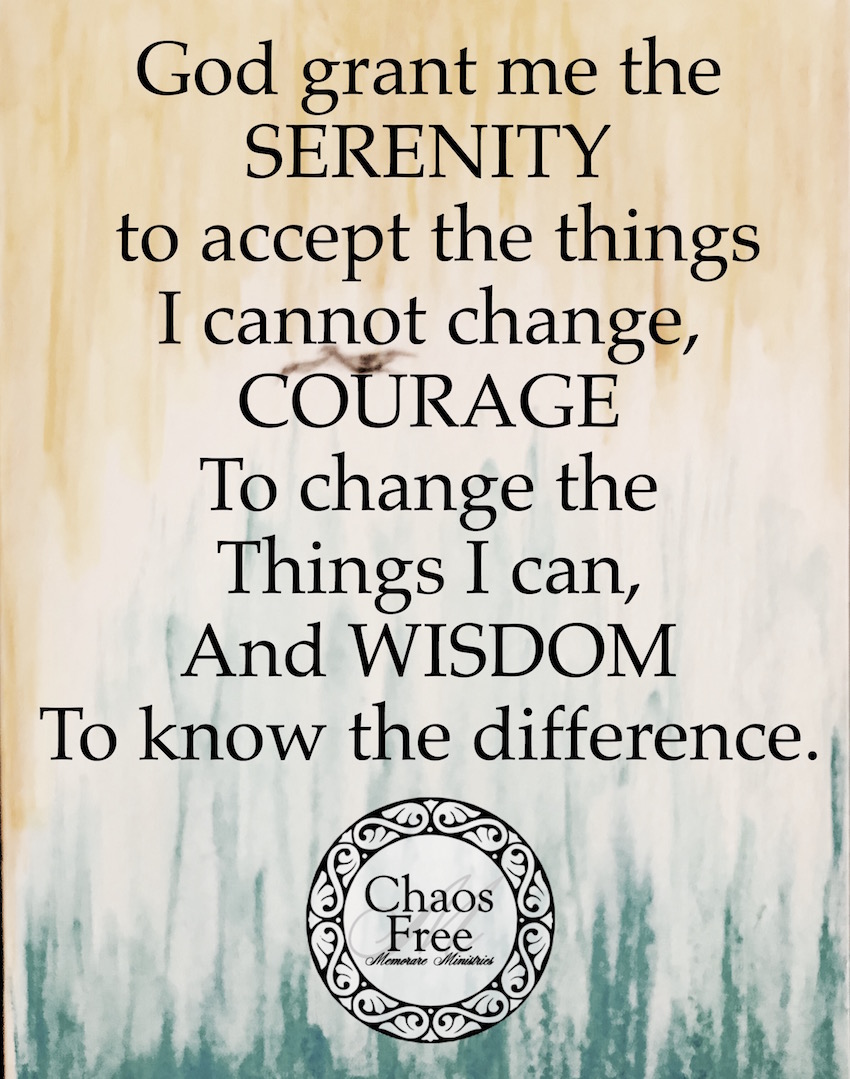I no longer call you slaves, because a slave does not know what his master is doing. I have called you friends, because I have told you everything I have heard from my Father. John 15:14-15
No one knew better than Christ that the pain against which we so desperately try to numb ourselves, and all the world’s evil, seem to stem from our terrible fear that we are basically unlovable. Heather King, Holy Desperation: Praying As If your Life Depends On it, 66
Few people I know have experienced the bondage of slavery like my beloved twenty-six year old son, Lucas—who has struggled with a life-wrecking addiction for over ten years; an addiction mercilessly driven by a core belief that he is not loved.
But lately, something has changed. Something akin to a miracle has occurred.
Instead of using words like shame, rejection, fear and punishment, Lucas is suddenly speaking the language of love. Specifically, he’s speaking about having encountered God’s personal, gentle, merciful love for him—an encounter that has changed, well—everything.
“My life has always been about failing, about suffering, about punishment,” Lucas shared with me in a conversation two days ago. “But when I finally came to God in stillness, in quiet, with an open heart and mind, I heard him whisper in my heart—I love you.” As I listened in grateful awe, he continued: “Since I’ve allowed a little bit of that love to seep into the deepest places of my heart—into the darkest things I’ve ever known and done—I’ve seen that has always God loved me, that he only wanted to embrace me, and that he has always been there with me.”
This is precisely how we transform from slaves to friends of God.
My son has a “new way of thinking,” as he referred to it, and it has everything to do with coming to believe that he is deeply loved by a merciful God, and that he’s called to live out of that reality. This new way of understanding has convinced him that many people aren’t interested in God because they have the wrong idea about who God is, thinking of him as a punitive, exacting taskmaster instead of “as a gentle Father whose love and mercy hold the world together.”
Believe me, I know words can be cheap. But when you hear those words coming from the depth of a son’s heart—a son who’s been afflicted for so many years—you know something has radically changed. And you genuinely rejoice.
“Punishment is not who God is!” Lucas stated emphatically. “He is love and what he wants is our hearts. People need to know that we are loved by a Father who wants to heal us, set us free, and bless us. And we can’t know that until we personally know who God is.”
Lucas went on to say that he now recognizes that recovery—freedom from slavery to drugs—is not about shaming himself out of screwing up or beating himself over the head for falling. “Recovery is about healing the broken heart,” he concluded with conviction. “It’s about opening up, trusting, and allowing ourselves to be vulnerable to God and to others. What matters is that we are loved, and when we live our lives based on that fact, we become free.”
Indeed, I hear the sweet freedom of a friend of Christ in my son’s voice, a young man who has discovered at last that Christ’s “friends” are “those whom he loves.” I see the liberty of a child of God who has finally heard the voice of the Father whispering: You are my beloved son in whom I am well pleased.
Such is the cry of freedom of the children of God, freedom won only through love.
This article was previously published at Aleteia.







